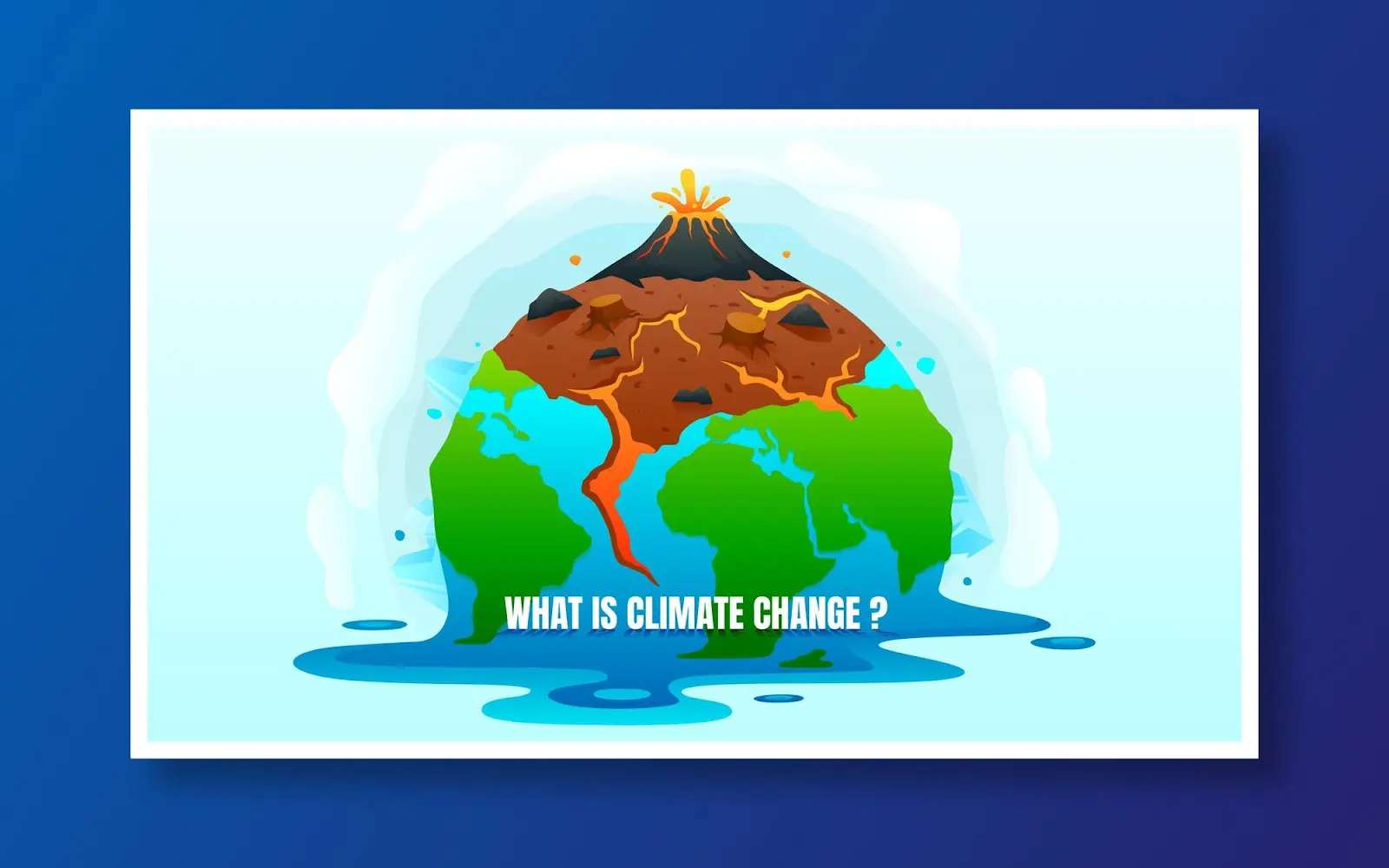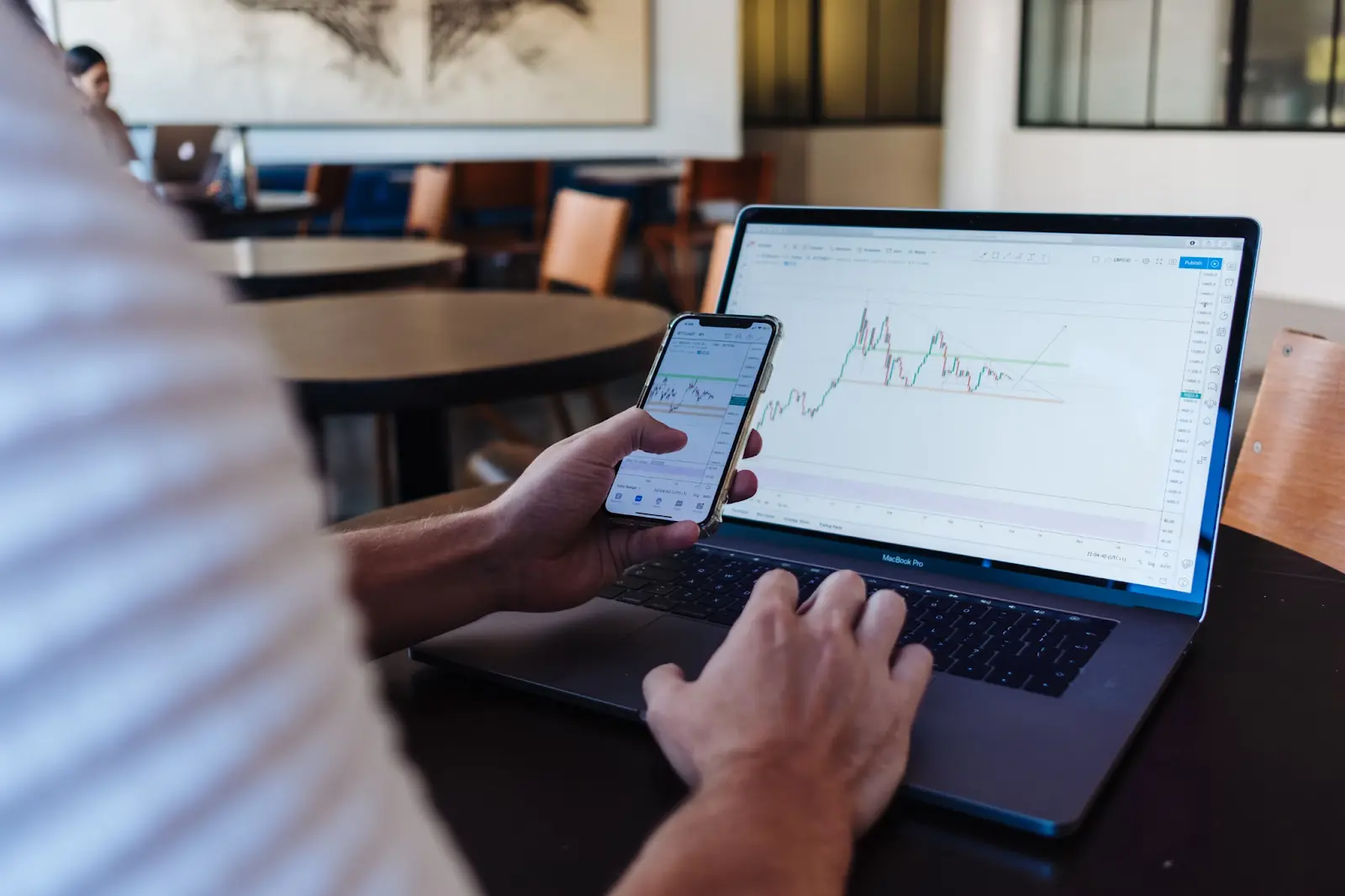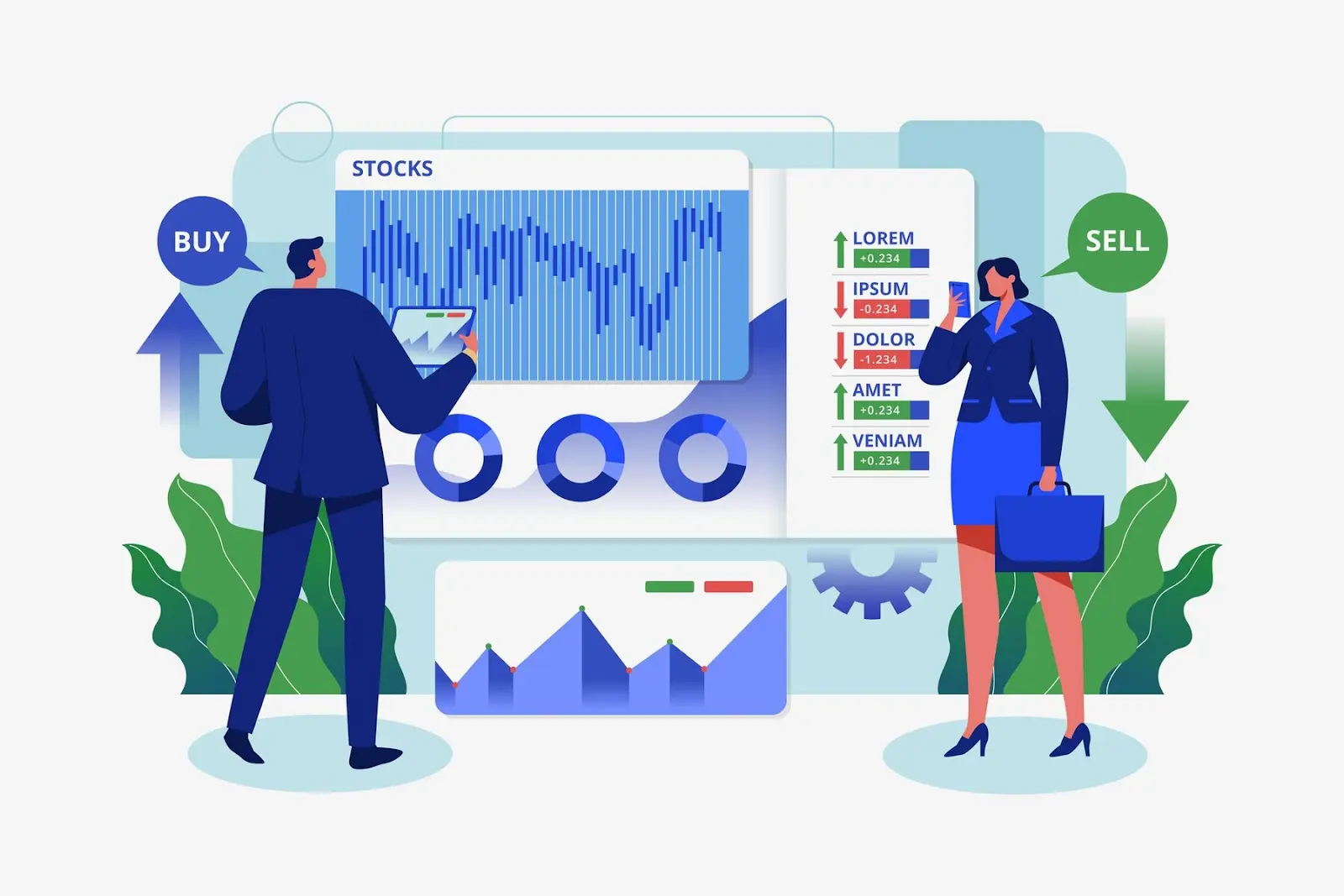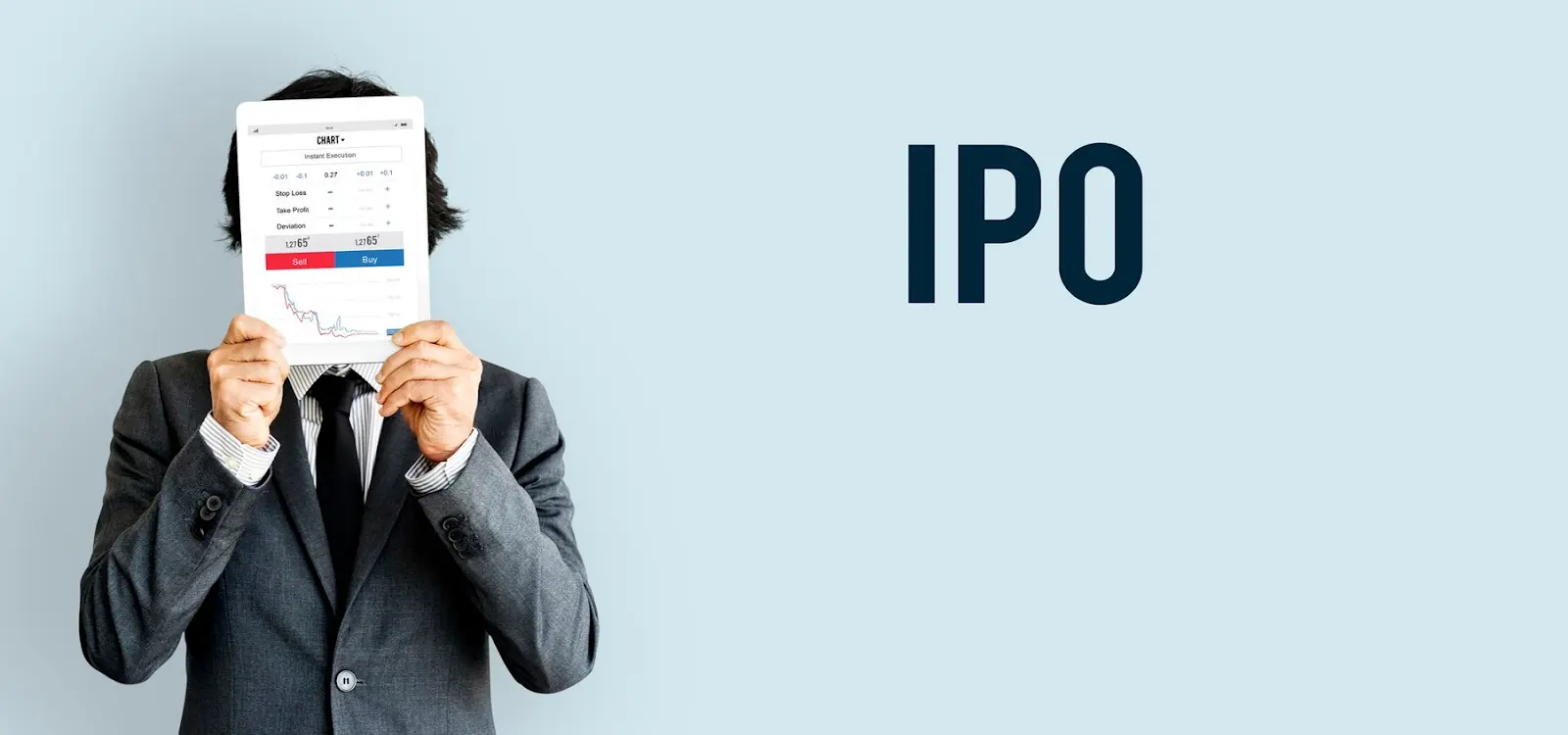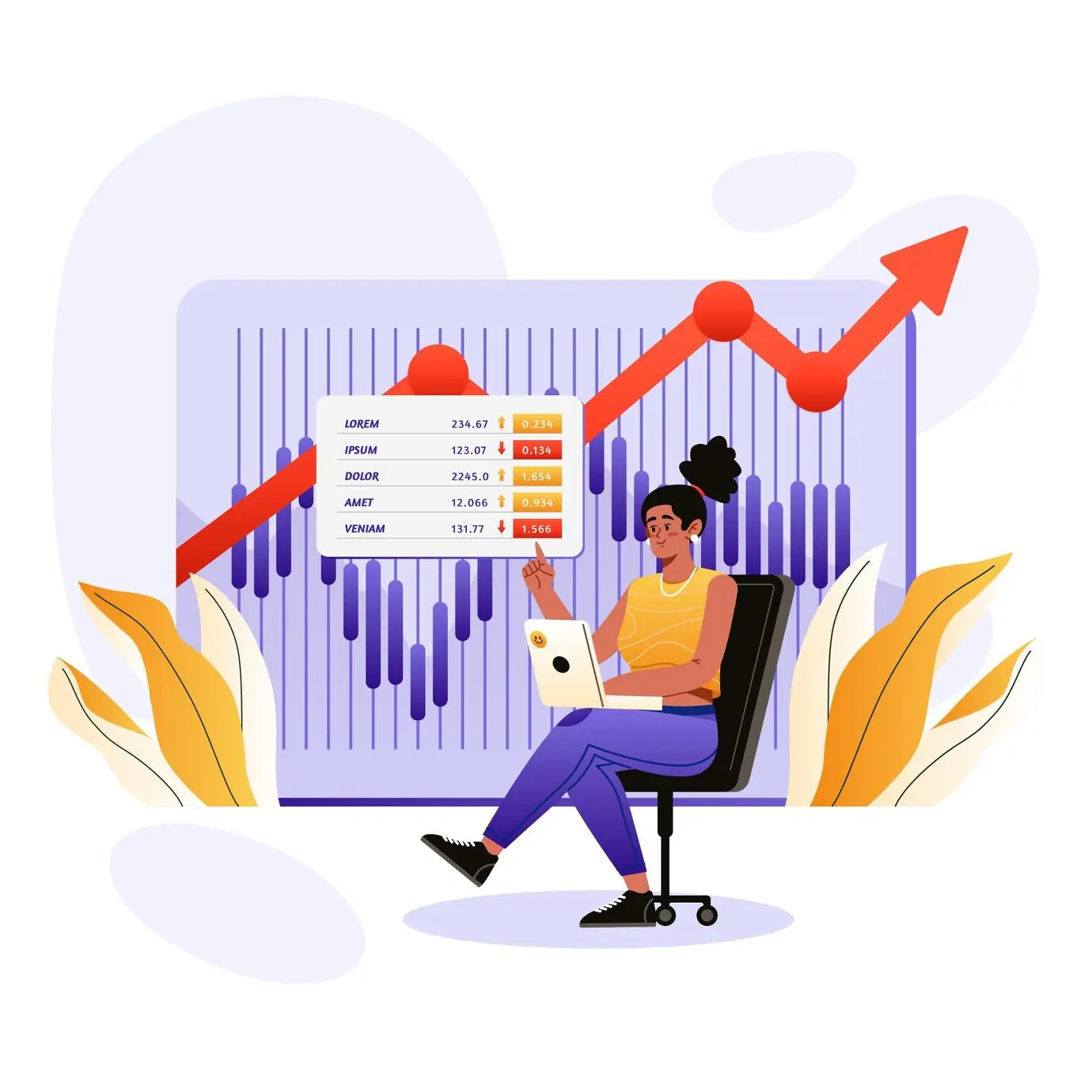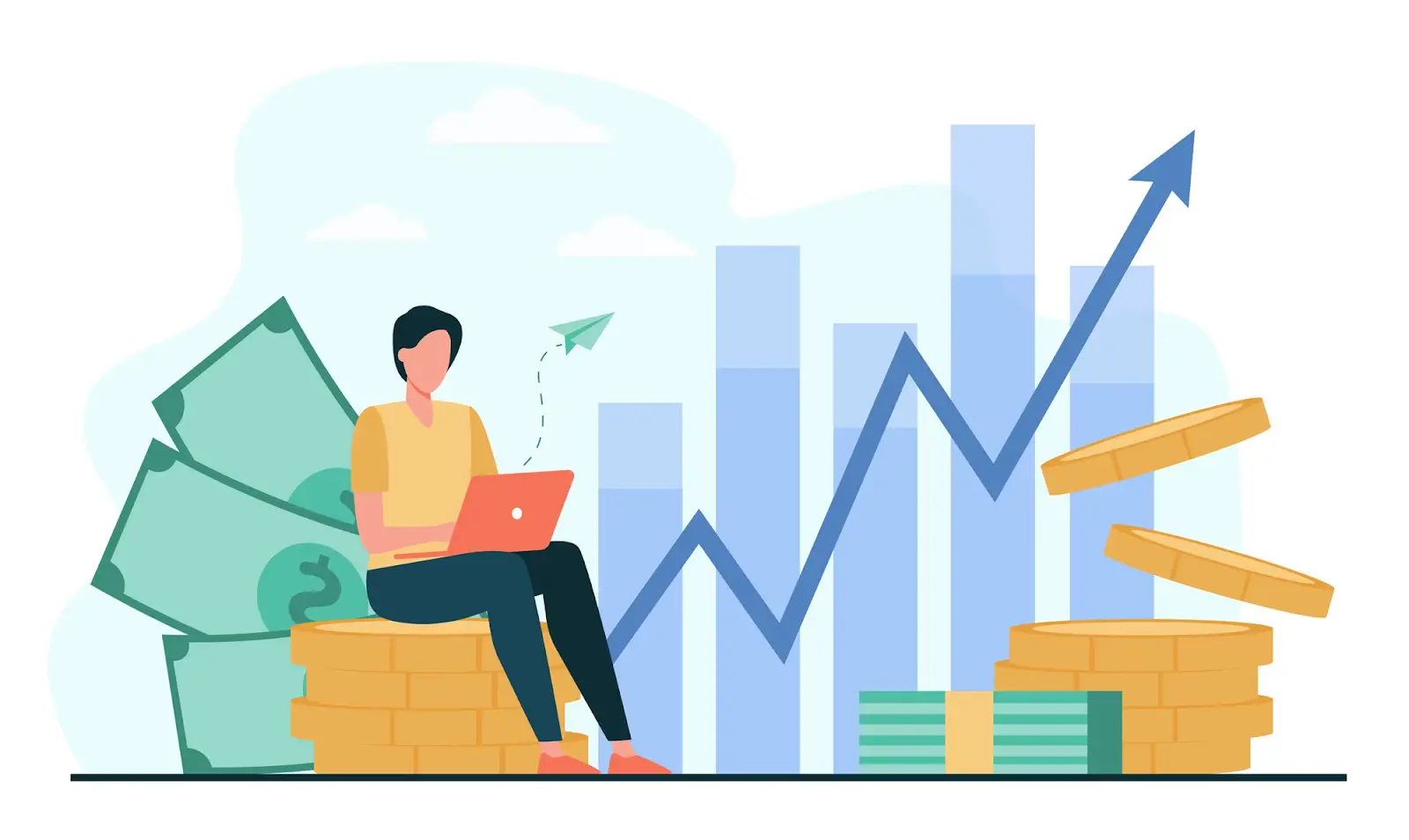Before the gig economy, the term “gig” was commonly used by jazz musicians in the 1900s when they took on small assignments, essentially gigs as performances in various jazz clubs. However, Tina Brown, the then-editor of the New York, coined the term “gig economy” in 2008. The gig economy, according to her, is “a bunch of free-floating projects, consultancies, and part-time bits and pieces while they transacted in a digital marketplace.”
The Gig Economy is a subset of the larger economy that consists of independent workers who do not work from 9 a.m. to 5 p.m. These employees are hired by the company for a limited time to complete a temporary task.
The COVID-19 pandemic gave this sector a significant boost and contributed to its growth, making the future of the job market a current reality. Every time you booked a taxi, rented an apartment, or ordered food online, you contributed to the growth of the gig economy. Airbnb, Uber, and food delivery apps are great examples of the gig economy because you, as a customer, hire a company for a limited time to perform specific services for you. Similarly, an Uber taxi driver has the freedom to choose the destination he wishes to drive to on any given workday. As a result, the gig economy enabled you to do things you never thought possible. Consider living in someone’s home or hailing a cab with a single tap on your smartphone. Doesn’t that sound crazy?
The gig economy has the following advantages –
- Anywhere, Anytime-
The most significant advantage of the gig economy is that you are no longer confined to your desk. If you want to wake up today and go to Bora Bora and work from the beach, you can. You can even work the hours you want depending on your schedule, giving you plenty of time to do other things.
- You are your own boss-
You get to set your own hours, negotiate your pay, and select work that both excites and satisfies you. As a result, you get to work on a variety of projects while also learning and picking up new skills! This format allows you to be liberated, which is appealing.
- More money, honey-
If you have a job but have skills that you can use in your spare time, you can start a side hustle that allows you to experiment with your skills while also paying you! For example, if you enjoy writing but don’t want to rely on it for a living, you can do freelance article writing on the weekends. It also allows you to conduct research and expand your knowledge.
- A win-win for employers-
Employers benefit greatly because it is a less expensive option; they save money because they do not have to provide benefits to a freelance worker, and individuals who have potentially taken up space in the office and used the resources do not do so because they essentially work from home. As a result, an employer can complete his work on a much smaller budget.
Every coin has two sides so the gig economy also has a downside to it. Some of the drawbacks of the gig economy are as follows-
- Working and Feeling Alone-
For the majority of workers, the amount of time spent at work exceeds the amount of time spent at home. Work becomes a safe haven for many people, and the people and conversations become something they look forward to week after week. As a freelancer, you work alone, perhaps at home or in a cafe; the bonds that could form do not exist because you work in isolation. This may cause boredom and negatively impact your mental health.
- No benefits-
Working full-time for an organisation provides numerous benefits such as medical insurance, performance bonuses, paid sick leave, and so on. However, working as a freelancer deprives you of all of these advantages; you may be required to work even on a sick day if you have a tight deadline. You wouldn’t have a retirement or pension plan, and you certainly cannot carry forward or cash in your paid leave.
On most days, the gig economy is thus a dream. It allows you to live a life that is not entirely centered on work. You have time to relax and do things for yourself. If you are a stay-at-home parent, have people to care for, or are in a career transition, the gig economy is your best friend. While this is still a relatively new concept for many, it is rapidly expanding and has a lot to offer. So, think about it: is there something you enjoy doing that you could be compensated for? Perhaps that’s the next gig the world requires!









